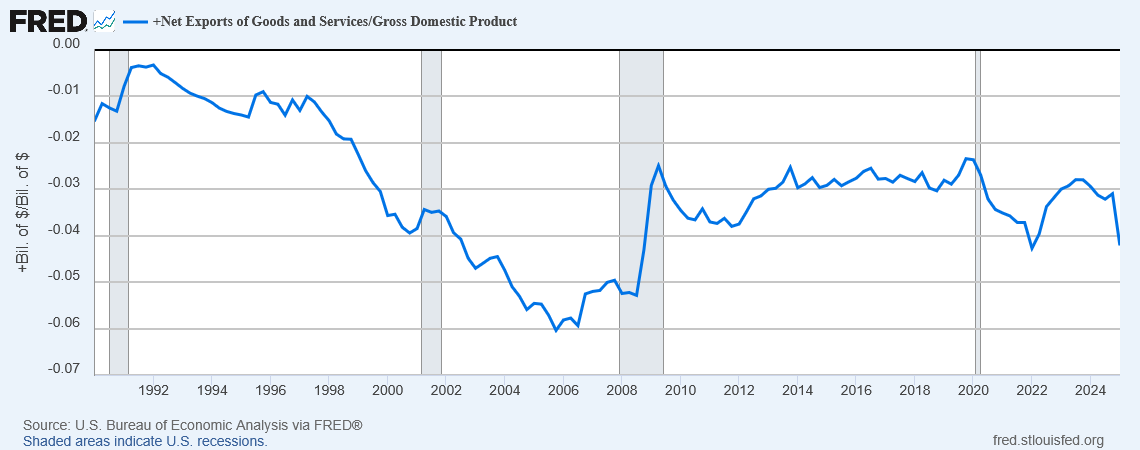The New Gender Gaps What to do as men and boys fall behind by Nina Pasquini https://www.harvardmagazine.com/2025/05/harvard-men-gender-gap-education-employment
The election made clear that certain parts of the country were struggling more than others. Just how much became clearer in 2018, when three Harvard economists—Eliot University Professor Lawrence H. Summers, Glimp professor of economics Edward Glaeser, and then-doctoral student Benjamin Austin—mapped the geography of male joblessness (see "Fixing America's Heartland," September-October 2018, p. 8). The phenomenon was concentrated in what they called the "eastern heartland," the stretch of states from Mississippi to Michigan.
The level of variation they uncovered was astonishing. In 2016, just 5 percent of men in Alexandria, Virginia (a wealthy suburb of Washington, D.C.), were not employed. In Flint, Michigan, that figure was 51 percent. The costs extend far beyond lost paychecks, Glaeser says, because "for men, the correlation between life satisfaction and not working is just enormous." For those aged 25 to 54, not having a job strongly predicts unhappiness, suicide, divorce, and opioid use—more than it does for unemployed women, or even men in low-wage jobs.....
In 2015, Furman believed the main reason for male joblessness was simple: not enough jobs. Now, he's not so sure. When the pandemic began in 2020, women's employment fell more than men's, since they were overrepresented in the hard-hit service industry and took on more childcare. But today, prime-age women's employment rate has surpassed pre-pandemic levels. Prime-age men's employment continues to lag—despite a "huge number of job openings" through 2021 and 2022, Furman says.
"Even if there are help wanted signs in their town, why are they not signing up for those jobs?"
To understand why, Furman thinks research should further examine regional variability in employment opportunities. There are also questions for sociologists and psychologists to explore, he says: "Even if there are help wanted signs in their town, why are they not signing up for those jobs?"....
This list is only for announcements, so you may not post. To contact the list manager, write to junez [at] njfac.org
---
You received this message because you are subscribed to the Google Groups "goodjobs" group.
To unsubscribe from this group and stop receiving emails from it, send an email to goodjobsforall+unsubscribe@googlegroups.com.
To view this discussion visit https://groups.google.com/d/msgid/goodjobsforall/CAPV%3DhmBk_nHoG_pWyHsNEB4PqdvZGU7RD8R2qT__7XLhBzvR_g%40mail.gmail.com.
